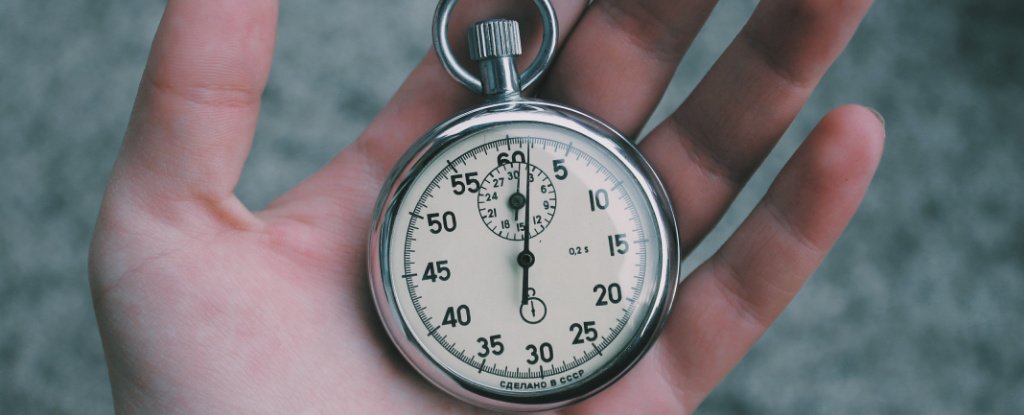If we are to have a chance to reverse rising suicide rates, researchers say we need to understand more about how suicide progresses – developments ranging from thoughts of suicide to the act that takes a person’s life.
Note: If this story raises concerns or you need to speak to someone, consult this list to find a hotline for crises 24 hours a day, 7 days a week in your country and ask for help.
An important part of this progression is time. How long does suicidal ideation persist in a person’s mind? How long before these thoughts take an individual to attempt suicide? And how does an individual’s perception of time influence things?
In a new study, the researchers investigated these questions, interviewing a group of more than 280 participants.
The cohort included individuals who had recently attempted suicide, people with depression currently having suicidal thoughts, non-suicidal patients with depression and healthy controls without a history of mental illness or drug abuse.
Participants performed a variety of tests, designed to measure things like their level of depression and anxiety, but also protocols that measured levels of impulsivity and a time estimation task that investigates how fast or slow an individual perceives time is passing. .
In the results, the researchers found that, among individuals who attempted suicide, the amount of time they contemplated suicide was dominated by two distinct patterns: those who thought about suicide for less than 5 minutes and those who thought about it for more than three hours .
Likewise, the interval of suicidal action – the time difference between the decision to commit suicide and the resulting attempt – showed a significant split in the data, with most patients indicating less than 5 minutes or more than three hours.
In addition, the researchers found that the perception of the slowdown in time was linked to the severity of suicidal ideation, with individuals contemplating suicidal thoughts for up to three hours, showing an increase in the slowdown in time in their time estimation results.
“The main message is that a considerable number of people who attempt suicide do so impulsively,” said first author and psychiatrist Ricardo Caceda of Stony Brook University to PsyPost.
“A second point is that during a suicide crisis, individuals tend to experience time very slowly, probably contributing to the worsening of the experience of intense psychological distress.”
Although there are limits to how much we can conclude from the results, the researchers suggest that an intensified sensation of time passing slowly could reflect a type of “phenomenon of the type of derealization or depersonalization”, with similar changes in the perception of time having been seen in research with soldiers and in patients with post-traumatic stress disorder.
“The experience of slowing down or dilating time in suicidal patients, probably triggered by overwhelming psychological pain, may in turn worsen the perception of the inevitability of psychological pain,” wrote the researchers in their study.
“One can assume that the peak of a suicide crisis can be a dissociative state, triggered by an overwhelming psychological pain and characterized by a delayed perception of time.”
In addition to the hypotheses about the effects of time perception, the researchers hope that their new data on times related to suicidal contemplation and the interval of suicidal action can help inform new clinical understandings, giving physicians more awareness of time-related risk factors , which may one day help improve suicide prevention strategies.
The results are reported in European Neuropsychopharmacology.
If this story has raised concerns or you need to speak to someone, consult this list to find a hotline for 24/7 crises in your country and ask for help.
